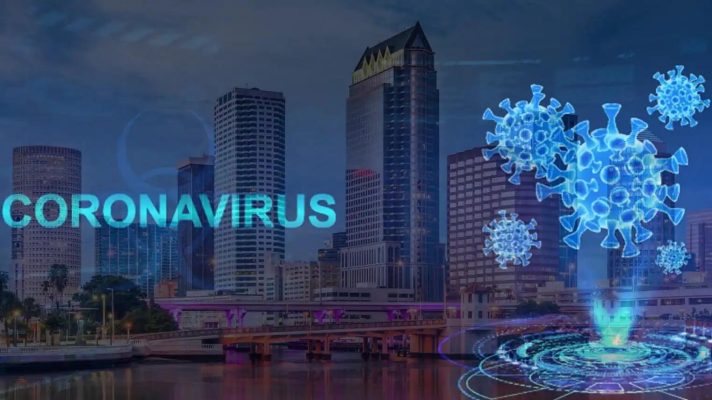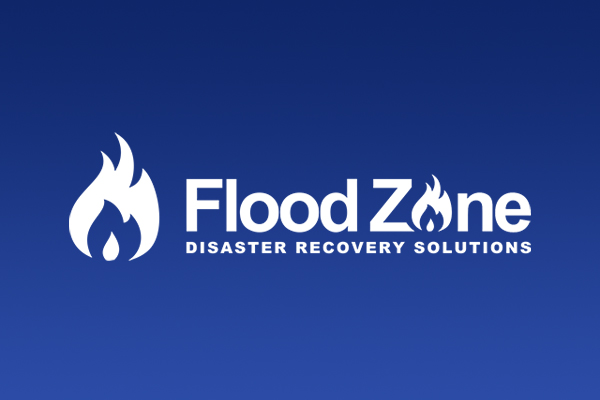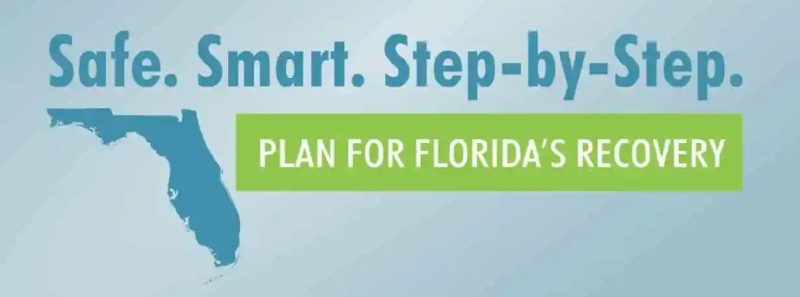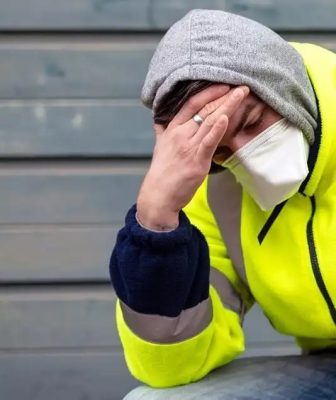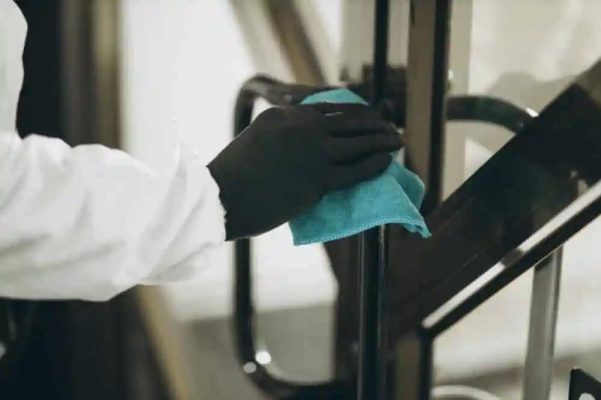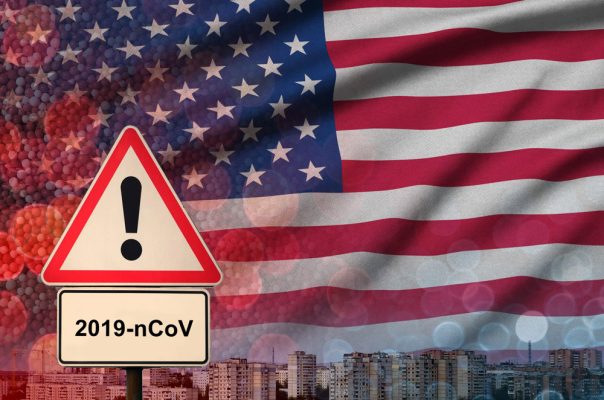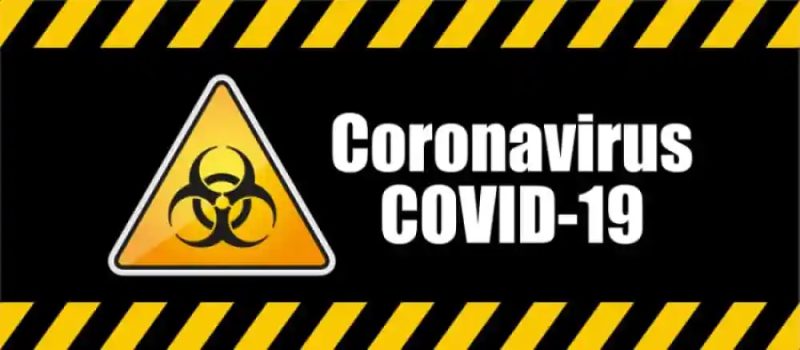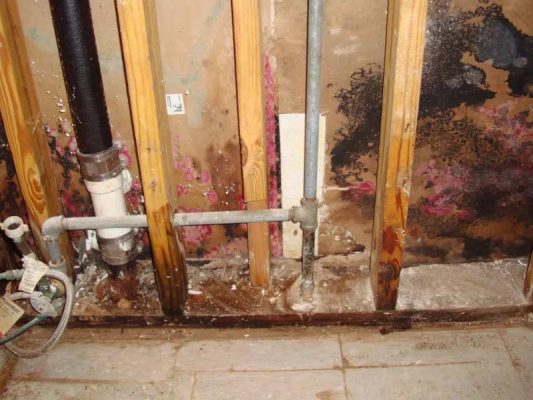Experts in Biohazard Cleanup & Decontamination
Why Choose Flood Zone Disaster Recovery?
If your business office has been exposed to sewage, chemical spills, viruses, or other forms of hazardous materials, we can help. At Flood Zone Disaster Recovery Solutions, we offer specialized biohazard cleanup services. We understand that your reputation is on the line and your business is already suffering from whatever disaster has occurred. You can be assured that your project will be handled with the utmost discretion and respect.
Our team is highly trained, certified, and experienced in decontamination. We are familiar with working large projects that require multiple industry experts and have multiple materially interested parties. During these large projects, it is not uncommon that other experts are needed. Our large nationwide network of industry experts such as industrial hygienists and engineers are also familiar with working these types of projects and available if needed.
We can help you with any size decontamination project including biological and chemical decontamination. Examples include:
- Chemicals
- Bacteria
- Viruses
- Mold and Fungi
- Sewage
- Meth lab clean up
- Tear gas mitigation
- Oil & fuel clean up (interior)
- Glycol
Professionally Trained and Certified Team
Decontamination services cover a broad range of activities from biological to nuclear clean ups. The Occupational Safety and Health Administration (OSHA) classify hazardous waste clean ups into 5 different categories including chemical, biological, radiological, nuclear, and explosive, also known as CBRNE. An emergency decontamination situation involving CBRNE requires by law that the companies involved in the decontamination have training in Hazardous Waste Operations and Emergency Response (HAZWOPER). This training is provided to our decontamination division at Flood Zone Disaster Recovery Solutions, and the OSHA HAZWOPER standard (29 CFR 1910.120(q)) is the guide that we follow.
We also, as required by law, provide all employees with appropriate level of personal protective equipment (PPE) under the HAZWOPER standard (29 CFR 1910.120(q)) sub part 1. The PPE used depends on how hazardous the substance release is, which includes the quantity and potential health affects to workers. It is also important that workers involved with decontamination work have the proper immunizations, including Tetanus and Hepatitis A and B.

